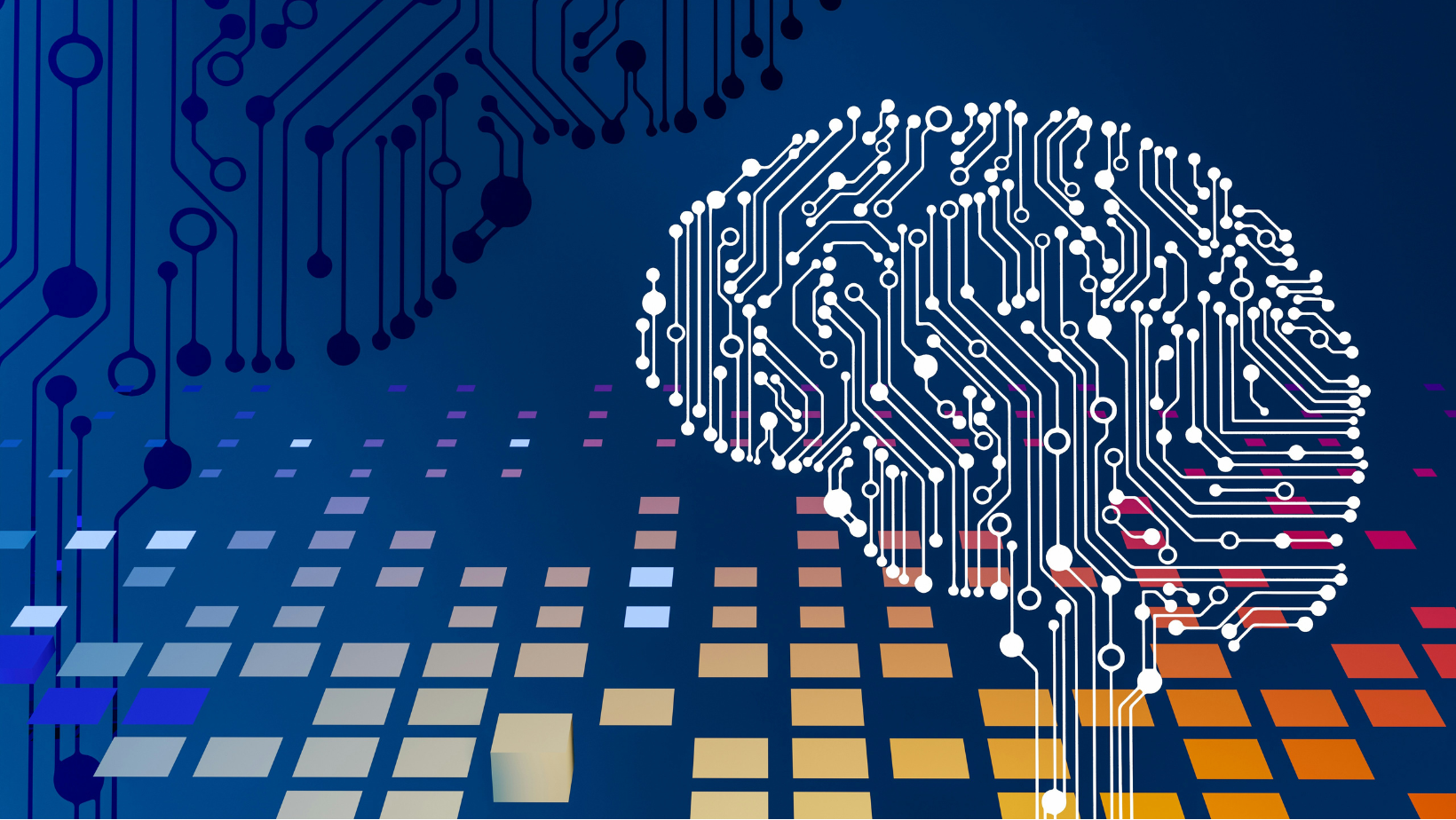Unlocking Potential
Nurturing Innovation through AI, Coding, and Robotics in the Changing Landscape of Indian Education
- ZenithEduGlobalSchool
- February 8, 2024

In a landscape where technology evolves at breakneck speed, one must ponder: how do we prepare our children for a future shaped by Artificial Intelligence (AI), coding, and robotics? These subjects have transcended fleeting trends to become essential components of modern school curricula, holding the key to unlocking our students’ creative potential and honing their problem-solving prowess. Parents navigate the realm of education and find themselves at the nexus of ensuring their children not only keep up with the rapid technological shifts but also thrive in this dynamic environment. How can we equip them with the skills that will not just make them spectators but active participants in this digital revolution?
This blog sets out to explore the role that robotics, coding, and artificial intelligence have in education. We’ll look at how these topics might help our kids develop a creative spirit and problem-solving abilities as we delve into their transforming potential. In addition, we’ll examine how the Indian educational system is changing, paying close attention to the ground-breaking New Education Policy (NEP) of 2021. What implications does this policy have for our kids’ academic paths, and how does it fit in with the curriculum’s incorporation of futuristic elements?
The Current Landscape of Indian Education: A Paradigm Shift
It’s crucial to understand the current status of the Indian educational system before diving into the intricacies of artificial intelligence, coding, and robotics. The policy represents a major paradigm shift, as was noted in the Learning Routes article on the NEP 2021. In favour of a more participatory and experienced approach to learning, it emphasizes skill improvement, holistic growth, and moving away from rote learning. In line with the NEP’s goal of an adaptable and diverse educational system, this change is especially pertinent to the integration of AI, coding, and robotics.
AI in Education: Pioneering Problem-Solving Skills
Science fiction continues to develop into a force influencing our surroundings and is no longer the sole domain of artificial intelligence. With the integration of AI into educational curricula, teachers can help students understand and utilize this transformative technology. Beyond its technical aspects, AI education develops analytical skills, problem-solving aptitude, and an understanding of the moral dilemmas associated with AI.
When viewed in the context of the National Education Plan (NEP), which lays a heavy focus on the development of critical thinking and problem-solving skills, schools that include AI in their curricula are following the National Education Plan. By doing this, they not only prepare students for success but also assist the NEP in achieving its greater goals of creating well-rounded individuals who can successfully traverse the complexity of the modern world.
When viewed in the context of the National Education Plan (NEP), which lays a heavy focus on the development of critical thinking and problem-solving skills, schools that include AI in their curricula are following the National Education Plan. By doing this, they not only prepare students for success but also assist the NEP in achieving its greater goals of creating well-rounded individuals who can successfully traverse the complexity of the modern world.
Coding for Students: The Language of Innovation
Coding is often described as the language of the future, and for good reason. Teaching students to code not only imparts practical skills but also encourages logical thinking, creativity, and adaptation. Schools encourage creativity and lifelong learning while empowering their students to actively engage in the digital age by incorporating coding as a fundamental topic.
When considering difficulties from the perspective of the NEP, which emphasizes skill building and experiential learning, coding classes become crucial to preparing students for future issues. Learning to code is more than just a technical skill, it is a way to pursue creative problem-solving, which is one of the NEP’s key goals as it aims to shift education away from memorization and towards real-world application.
When considering difficulties from the perspective of the NEP, which emphasizes skill building and experiential learning, coding classes become crucial to preparing students for future issues. Learning to code is more than just a technical skill, it is a way to pursue creative problem-solving, which is one of the NEP’s key goals as it aims to shift education away from memorization and towards real-world application.
Space Technology Curriculum: Bridging Imagination and Innovation
Space technology is one field of human exploration that holds great potential for involving youth. Apart from imparting knowledge on the fundamentals of satellite technology and space travel, a dedicated space technology curriculum encourages students to dream big. By incorporating real-world projects and simulations, education may help students develop a passion for innovation and problem-solving—two abilities crucial in the rapidly evolving field of technology.
The NEP’s focus on practical learning and skill development is especially pertinent to space technology education. Schools that incorporate these kinds of activities show that they are dedicated to putting pupils in front of a future in which technology and space exploration will be major factors. This innovative method fits with the NEP’s goal of producing students who are not only informed but also skilled at using that information in practical settings.
The NEP’s focus on practical learning and skill development is especially pertinent to space technology education. Schools that incorporate these kinds of activities show that they are dedicated to putting pupils in front of a future in which technology and space exploration will be major factors. This innovative method fits with the NEP’s goal of producing students who are not only informed but also skilled at using that information in practical settings.
Robotics Curriculum: Bridging Theory and Practice
Robotics goes beyond simply creating robots; it also teaches students how to combine hardware and software to solve real-world problems. By including robotics in the curriculum, schools can offer students real-world experience, help them get a solid understanding of engineering principles, and inspire a love of creativity.
The educational principles of robotics are perfectly aligned with the NEP’s support for experiential learning. Schools that prioritize robotics programs not only align with the national education plan but also show a commitment to helping students become proficient innovators and problem solvers—skills that the NEP views as essential to holistic development.
The educational principles of robotics are perfectly aligned with the NEP’s support for experiential learning. Schools that prioritize robotics programs not only align with the national education plan but also show a commitment to helping students become proficient innovators and problem solvers—skills that the NEP views as essential to holistic development.
Fostering Innovation: Schools as Catalysts of Change
Recognizing the changing needs, Zenith Edu Global School actively encourages students to learn about the futuristic worlds of AI, coding, and robots. In addition to traditional classroom instruction, the school offers extracurricular activities, groups, and competitions that allow students to apply their knowledge, collaborate with others, and exhibit their unique solutions.
Schools that encourage creativity through these activities contribute significantly to the policy’s broader goals, particularly in the light of the NEP’s vision of producing well-rounded individuals. Schools could serve as catalysts for change by encouraging students to be active participants in the rapidly evolving world of technology, which aligns with the NEP’s commitment to holistic development and skill growth.
Schools that encourage creativity through these activities contribute significantly to the policy’s broader goals, particularly in the light of the NEP’s vision of producing well-rounded individuals. Schools could serve as catalysts for change by encouraging students to be active participants in the rapidly evolving world of technology, which aligns with the NEP’s commitment to holistic development and skill growth.
Conclusion: Empowering the Future through Education Reforms
In conclusion, incorporating robots, coding, and artificial intelligence into the curricula of contemporary Indian schools is not merely a fashion in education but also a calculated investment in the future. There is a rare chance to match curricula with 21st-century demands as the NEP transforms the Indian education system. Schools that place a high priority on these cutting-edge initiatives are not only educating students for the workforce of the future, but they are also fostering the growth of a generation that possesses the abilities and perspective required to take on global concerns. The process of helping students reach their full potential is in line with the NEP’s objectives, making education a dynamic force that gives young people the tools they need to navigate and influence the future.
Recent Posts
-
Unveiling the Universe: Exploring the Benefits of Teaching Data Science, Astronomy, and Space Technology to Young Minds
-
Play to Progress: How Sports Enhance Cognitive Skills and Learning in Students
-
Unlocking Potential: Nurturing Innovation through AI, Coding, and Robotics in the Changing Landscape of Indian Education
Quick Links
School Timings
- 08:30 AM - 03:00 PM
- Day Boarding Timings: 03:00 PM - 04:00 PM
- Office Timings: 09:00 AM - 04:00 PM
Contact Us
-
Zenith Edu Global School
Dreamland Colony, Chandigarh-Sirhind Road, Niamu Majra, (Near Badali Ala Singh) Dist. Fatehgarh Sahib -
+91 90566 65558
- zenitheduglobalschool@gmail.com
- https://zenitheduglobalschool.in

